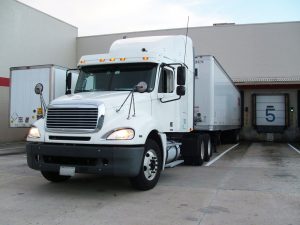Rideshare companies may compete fiercely on the road, but when it comes to classifying drivers as employees, they are rock-solid united. The CEOs of Uber and Lyft penned an opinion-editorial in the San Francisco Chronicle voicing opposition to a new California law that would re-designate their drivers from independent contractors to employees – with all the actual legal benefits and bargaining rights that entails. 
The company has long been extremely reticent to classify these workers as “employees,” arguing their business model is unique in that it merely connects riders to customers, and is not a traditional “transportation company.” It owns no vehicles, drivers have no direct supervision and drivers are free to set their own hours, types of vehicles/services. The company does, however, insure drivers and provides a host of standards and criteria workers are required to meet.
However, Assembly Bill 5 – a broad piece of legislation that will become law if it gains the vote of the state senate as well as Gov. Gavin Newsom’s signature – would expand the definition of “independent contractor” to more closely match that which was outlined in last year’s California Supreme Court decision in Dynamex Operations West Inc. v. Los Angeles Superior Court. Continue Reading ›
 Orange County Employment Lawyers Blog
Orange County Employment Lawyers Blog










